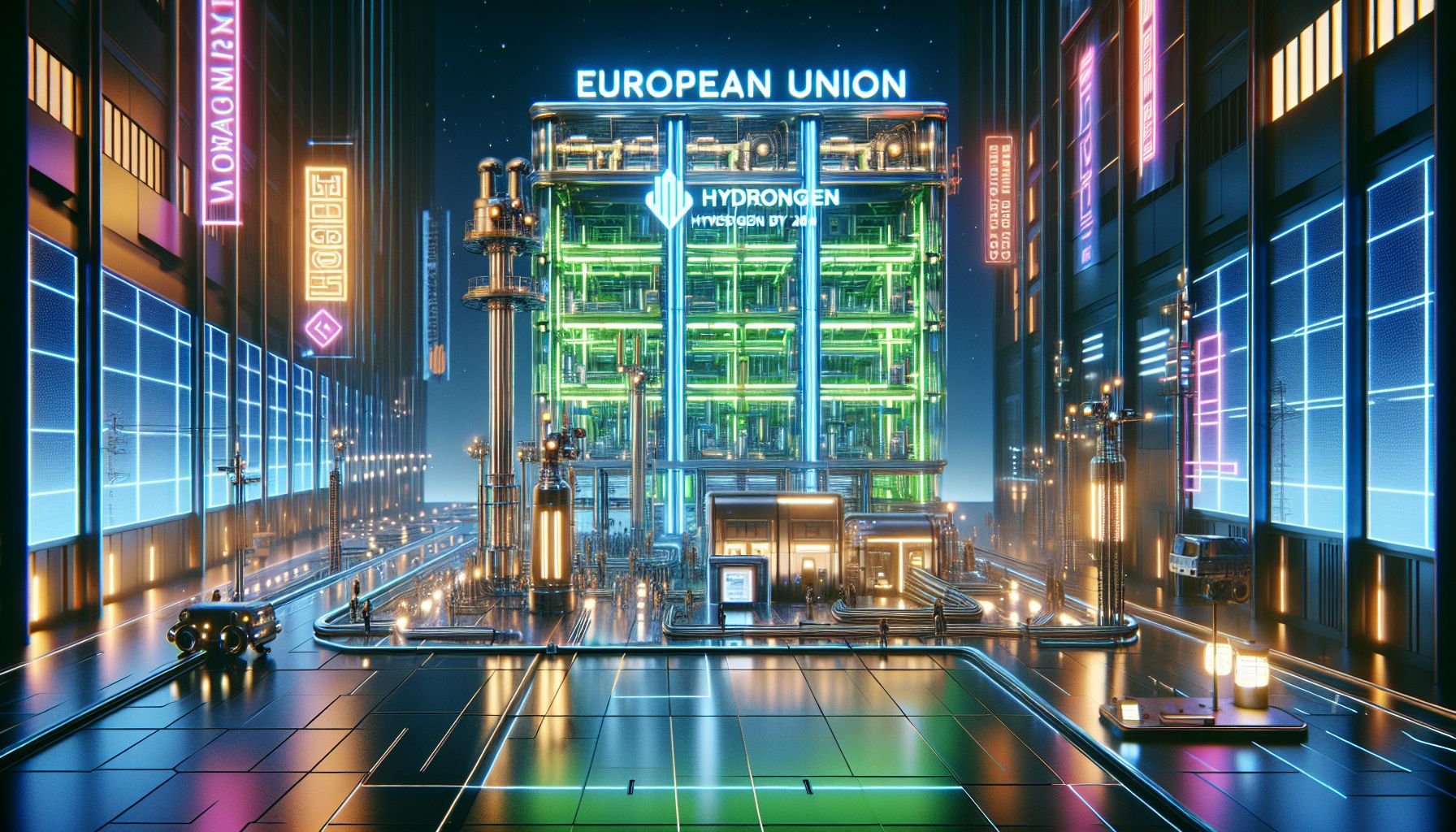EU's Bold Move: €1 Trillion Hydrogen Investment by 2040

Brussels, Wednesday, 17 September 2025.
The EU plans a €1 trillion investment in hydrogen by 2040, aiming to power the clean industrial shift. New funds and governance tools highlight Europe’s commitment to a green future.
Ambitious Funding and Strategic Framework
The European Union has unveiled its plan to invest €1 trillion into the hydrogen sector by 2040. This ambitious plan is integrated into the draft Multiannual Financial Framework (MFF) for 2028–2034, aiming to reshape the funding architecture. New instruments like the European Competitiveness Fund (ECF) and the Competitiveness Coordination Tool (CCT) are designed to ensure a coordinated implementation of investments across the EU and its member states [1].
Addressing the Funding Gap
Despite the €1 trillion target, the next MFF period faces an estimated €200 billion funding gap. Only 21% of Important Projects of Common European Interest (IPCEI) in hydrogen have reached a final investment decision, highlighting the need for better coordination [1].
Connecting Research with Deployment
The Commission’s proposal aims to link research and innovation with industrial scale-up through a strategic umbrella, including funds like the Innovation Fund and Connecting Europe Facilities. This strategy intends to create a seamless pipeline from lab to market for hydrogen technologies [1].
Global Perspectives on Hydrogen Investment
Globally, hydrogen investment is gaining traction. The International Energy Agency’s recent report indicates a steady evolution in the sector. Shipping, in particular, is a leading area for hydrogen investments, emphasizing the need to expand infrastructure to support this growth [2].
Challenges and Opportunities
Challenges such as high production costs and policy uncertainties persist. The IEA emphasizes maintaining support schemes for low-emissions hydrogen production to foster demand and expedite infrastructure development. Partnerships between advanced and emerging economies could further enhance hydrogen’s global adoption [2].
EU’s Strategic Commitment
The European Commission’s commitment to hydrogen is part of broader efforts to decarbonize the economy and reduce fossil fuel reliance. This strategy not only aims to meet climate goals but is also expected to stimulate job creation and economic growth across the EU [3].
Concluding Thoughts
The EU’s proposed hydrogen investment is indeed bold. As Jens Geier, MEP, pointed out, success hinges on balancing policy alignment with competitive, transparent selection processes. The journey from ambition to reality will require sustained coordination and innovation [1].